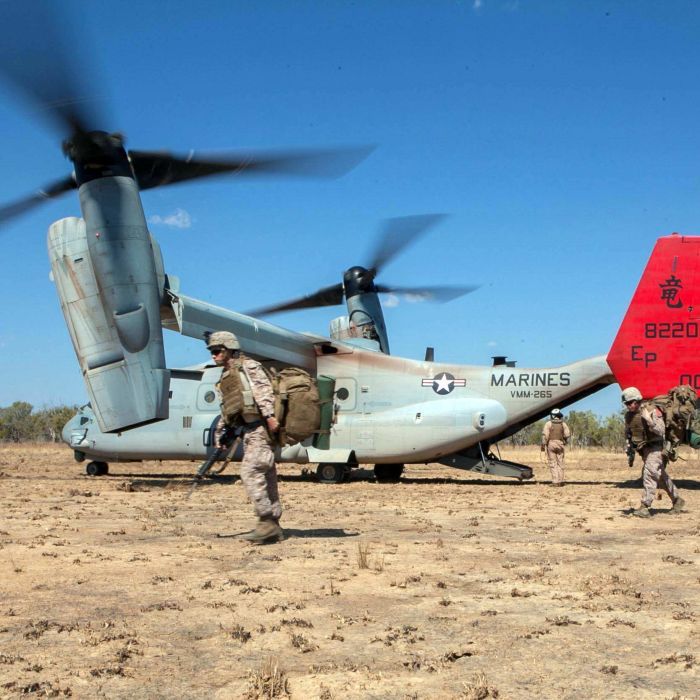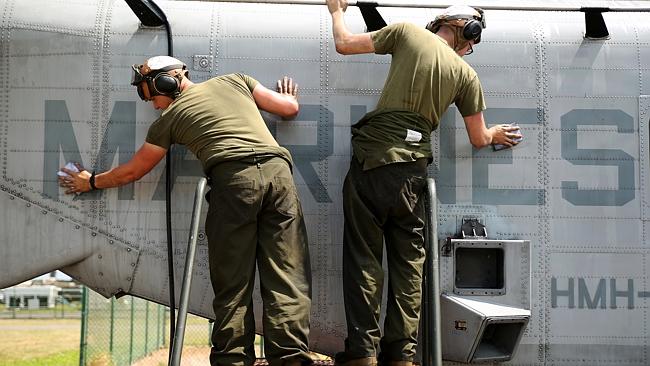
The rotation follows speculation the growing US military presence in Darwin could cause tensions with China. Lt Col Dougherty would not comment on what impact another rotation of US Marines would have on relations with China. Last year for the first time Chinese soldiers trained on Australian soil with the Australian Army and US Marines, but Lt Col Dougherty said no training was planned with China on this rotation. He said the Marines were keen to start sporting teams, including trying their hand at rugby union.




